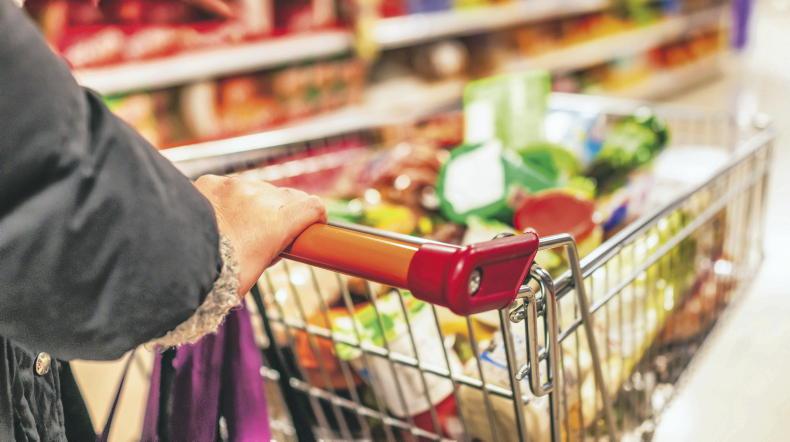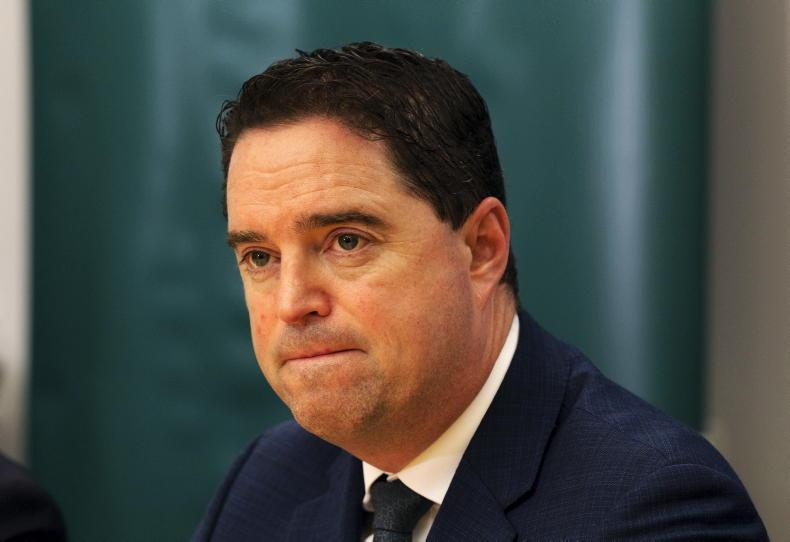Did you avail of the Temporary Wage Subsidy Scheme (TWSS) or the Pandemic Unemployment Payment (PUP) during the pandemic?
If so, you may be facing some financial implications in the form of outstanding tax liability from 2020.
Taxback.com helps people to claim back the tax that are entitled to.
However, in a review of the first 500 employees to partake in their new Employee Financial Wellbeing service, they found that a tax underpayment arose in 75% of cases where the employees had received the PUP in 2020, and 86% of cases where the employee had been put on the TWSS.
Sixty-five per cent of these workers owed the Revenue more than €500, while 29% of those had an outstanding tax bill of over €1,000. The average underpayment amount was around €1,000.
Before you start to get too worried, there is some good news. Most of the employees who engaged with the service were able to offset some, if not all, of the monies outstanding with tax refunds that they were, in fact, due to them – but were simply not aware of.
Unclaimed medical expenses, prescriptions and eWorker relief all helped to offset the cost. And every year, there are also specific flat rate expenses that can be claimed by a multitude of professionals. The list includes agricultural advisers and vets, employees in hospitality, carpentry, those in the civil service and local authorities, engineers, home helps, social workers, a multitude of health professional, shop assistants and teachers. Depending on the profession, these payments can be as much as €600 a year and the full list of eligible workers is on revenue.ie.
If you didn’t avail of the TWSS or the PUP, then there is most likely money owed to you. Marian Ryan, consumer tax manager at Taxback.com says: “It was an altogether different story for employees who never received a COVID support payment – more than four in 10 of these workers were actually due substantial tax refunds mainly down to the fact that they hadn’t applied for tax refunds in the last four years or more. The average refund for these workers was over €430 for the year 2020 alone.”
Another interesting finding was that some employers only engaged with TWSS for a short time and have since paid back the subsidy to the Revenue Commissioners, so their employees have actually ended up in a refund position. The average refund in these instances was €635, with some employees even receiving a refund of over €6,000.
While up until now, consumers have followed up on their tax claims themselves, this new Employee Financial Wellbeing service is where employers are engaging with Taxback.ie and offering the service to their employees as an employment benefit.
Spenders have
become savers
The pandemic has affected people’s finances in many different ways. Many people were fortunate enough to keep on working and because they weren’t socialising, going on holidays abroad and shopping in the same way, they managed to increase their savings.
So what has happened to these savings and how have our consumer behaviours changed?
While many businesses may have been looking forward to people enjoying their money when lockdown lifted, new research called Relfecting Ireland from Permanent TSB Bank and Kantar shows that many savers are taking a more conservative approach.
In fact, not only are consumers holding onto their savings, they want to keep up their saving habits.
The Reflecting Ireland research conducted amongst nearly 1,000 adults during the summer found that most respondents expect to spend just over a quarter of their pandemic savings while holding onto the rest and 79% of consumers want to continue their current level of savings.
The reason? Uncertainty. If the pandemic has taught us anything, it’s that we don’t know what is around the corner.
Behavioural scientist Claire Cogan of BehaviourWise says: “The pandemic has had a profound effect on behaviour. It has led to unprecedented levels of uncertainty, and it’s not surprising that so many of us choose to save what we can in these uncertain times. This research shows how the pandemic is affecting our frame of mind as well as our finances, and how this is shaping our thinking in terms of the months ahead.”
Leontia Fannin, head of corporate affairs at Permanent TSB says that the findings could signal a lower-than-expected post-COVID-19 “bounce” in the economy: “There has been an assumption that once the economy re-opened, that consumers would rush to spend their COVID savings. This research suggests that may not happen. Retailers may have to fight harder than they thought to persuade consumers to cash-in their savings.”
Read more
Could Revenue owe you money?
It's time to claim back
Did you avail of the Temporary Wage Subsidy Scheme (TWSS) or the Pandemic Unemployment Payment (PUP) during the pandemic?
If so, you may be facing some financial implications in the form of outstanding tax liability from 2020.
Taxback.com helps people to claim back the tax that are entitled to.
However, in a review of the first 500 employees to partake in their new Employee Financial Wellbeing service, they found that a tax underpayment arose in 75% of cases where the employees had received the PUP in 2020, and 86% of cases where the employee had been put on the TWSS.
Sixty-five per cent of these workers owed the Revenue more than €500, while 29% of those had an outstanding tax bill of over €1,000. The average underpayment amount was around €1,000.
Before you start to get too worried, there is some good news. Most of the employees who engaged with the service were able to offset some, if not all, of the monies outstanding with tax refunds that they were, in fact, due to them – but were simply not aware of.
Unclaimed medical expenses, prescriptions and eWorker relief all helped to offset the cost. And every year, there are also specific flat rate expenses that can be claimed by a multitude of professionals. The list includes agricultural advisers and vets, employees in hospitality, carpentry, those in the civil service and local authorities, engineers, home helps, social workers, a multitude of health professional, shop assistants and teachers. Depending on the profession, these payments can be as much as €600 a year and the full list of eligible workers is on revenue.ie.
If you didn’t avail of the TWSS or the PUP, then there is most likely money owed to you. Marian Ryan, consumer tax manager at Taxback.com says: “It was an altogether different story for employees who never received a COVID support payment – more than four in 10 of these workers were actually due substantial tax refunds mainly down to the fact that they hadn’t applied for tax refunds in the last four years or more. The average refund for these workers was over €430 for the year 2020 alone.”
Another interesting finding was that some employers only engaged with TWSS for a short time and have since paid back the subsidy to the Revenue Commissioners, so their employees have actually ended up in a refund position. The average refund in these instances was €635, with some employees even receiving a refund of over €6,000.
While up until now, consumers have followed up on their tax claims themselves, this new Employee Financial Wellbeing service is where employers are engaging with Taxback.ie and offering the service to their employees as an employment benefit.
Spenders have
become savers
The pandemic has affected people’s finances in many different ways. Many people were fortunate enough to keep on working and because they weren’t socialising, going on holidays abroad and shopping in the same way, they managed to increase their savings.
So what has happened to these savings and how have our consumer behaviours changed?
While many businesses may have been looking forward to people enjoying their money when lockdown lifted, new research called Relfecting Ireland from Permanent TSB Bank and Kantar shows that many savers are taking a more conservative approach.
In fact, not only are consumers holding onto their savings, they want to keep up their saving habits.
The Reflecting Ireland research conducted amongst nearly 1,000 adults during the summer found that most respondents expect to spend just over a quarter of their pandemic savings while holding onto the rest and 79% of consumers want to continue their current level of savings.
The reason? Uncertainty. If the pandemic has taught us anything, it’s that we don’t know what is around the corner.
Behavioural scientist Claire Cogan of BehaviourWise says: “The pandemic has had a profound effect on behaviour. It has led to unprecedented levels of uncertainty, and it’s not surprising that so many of us choose to save what we can in these uncertain times. This research shows how the pandemic is affecting our frame of mind as well as our finances, and how this is shaping our thinking in terms of the months ahead.”
Leontia Fannin, head of corporate affairs at Permanent TSB says that the findings could signal a lower-than-expected post-COVID-19 “bounce” in the economy: “There has been an assumption that once the economy re-opened, that consumers would rush to spend their COVID savings. This research suggests that may not happen. Retailers may have to fight harder than they thought to persuade consumers to cash-in their savings.”
Read more
Could Revenue owe you money?
It's time to claim back










SHARING OPTIONS